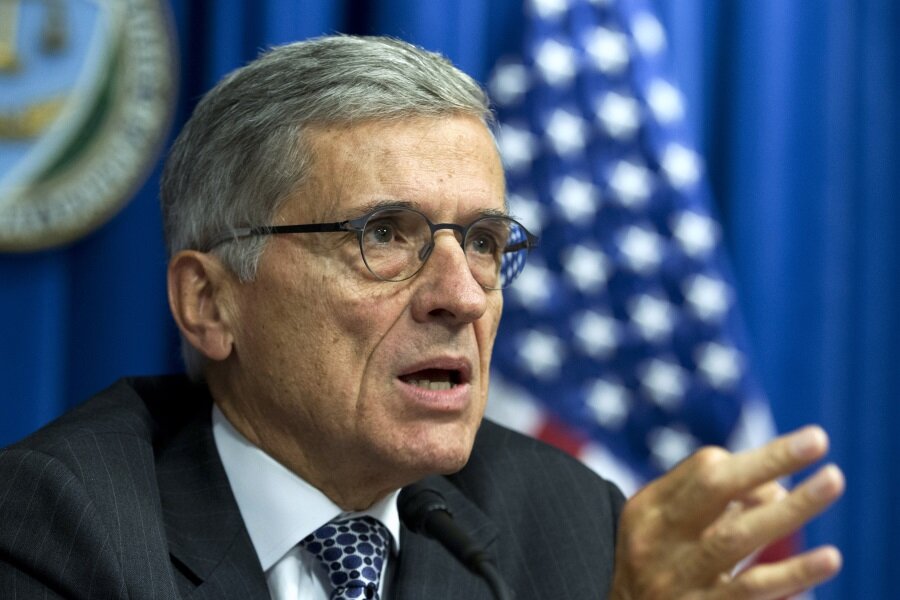FCC plans to regulate the Internet as a public utility: report
Tom Wheeler, the chairman of the Federal Communications Commission, is expected to make a proposal this week to reclassify broadband Internet as a “telecommunications service,” The New York Times’s Steve Lohr reports.
This move would give the FCC the power to enforce "net neutrality" principles, such as disallowing Internet providers from discriminating against certain online services in favor of others.
Since 2002, cable Internet service has been considered an “information service,” exempt from most government oversight regarding how providers may handle data flowing over their networks.
In 2010, the FCC published a set of “Open Internet Rules,” which required broadband providers to disclose their network management practices and barred them from slowing the delivery of certain kinds of content. In 2014, however, the D.C. Circuit Court held that the FCC didn’t have the authority to regulate providers in this way, and struck down most of the Open Internet Rules.
For most of last year, the FCC toyed with the idea of a “hybrid” approach to Internet regulation, under which the relationships between Internet providers, such as Comcast and Time Warner Cable, and content providers, such as Google and Netflix, would be regulated, but the relationships between Internet providers and their customers would be left alone.
But then in November, President Obama argued publicly that the FCC should reclassify Internet providers as “common carriers,” regulated under Section II of the Telecommunications Act of 1996. This reclassification, the President said, would promote the growth of the Internet by ensuring that providers with deep pockets couldn’t pay Internet providers to deliver their content to consumers more quickly.
Last month, Chairman Wheeler hinted in a speech at the 2015 Consumer Electronics Show that the FCC was planning to reclassify Internet providers as common carriers, saying that that approach would offer the “best protections” for consumers. According to the Times report, which cites “industry analysts, lobbyists, and former FCC staff members,” Wheeler’s proposal for common-carrier reclassification will be sent to the other four commissioners by Thursday. The FCC will vote on the proposal on February 26.
It’s important to note that reclassifying Internet providers as common carriers doesn’t necessarily mean that the federal government will play an outsize role in regulating the Internet. The centerpiece of net neutrality is that providers may not prioritize certain kinds of content over others, but must instead treat all data more or less equally. Wheeler has indicated that he plans to enforce that principle – which he says will prevent the rise of Internet “fast lanes” for companies and users able to afford them – but that he won’t push for price regulation or other intrusive rules.






